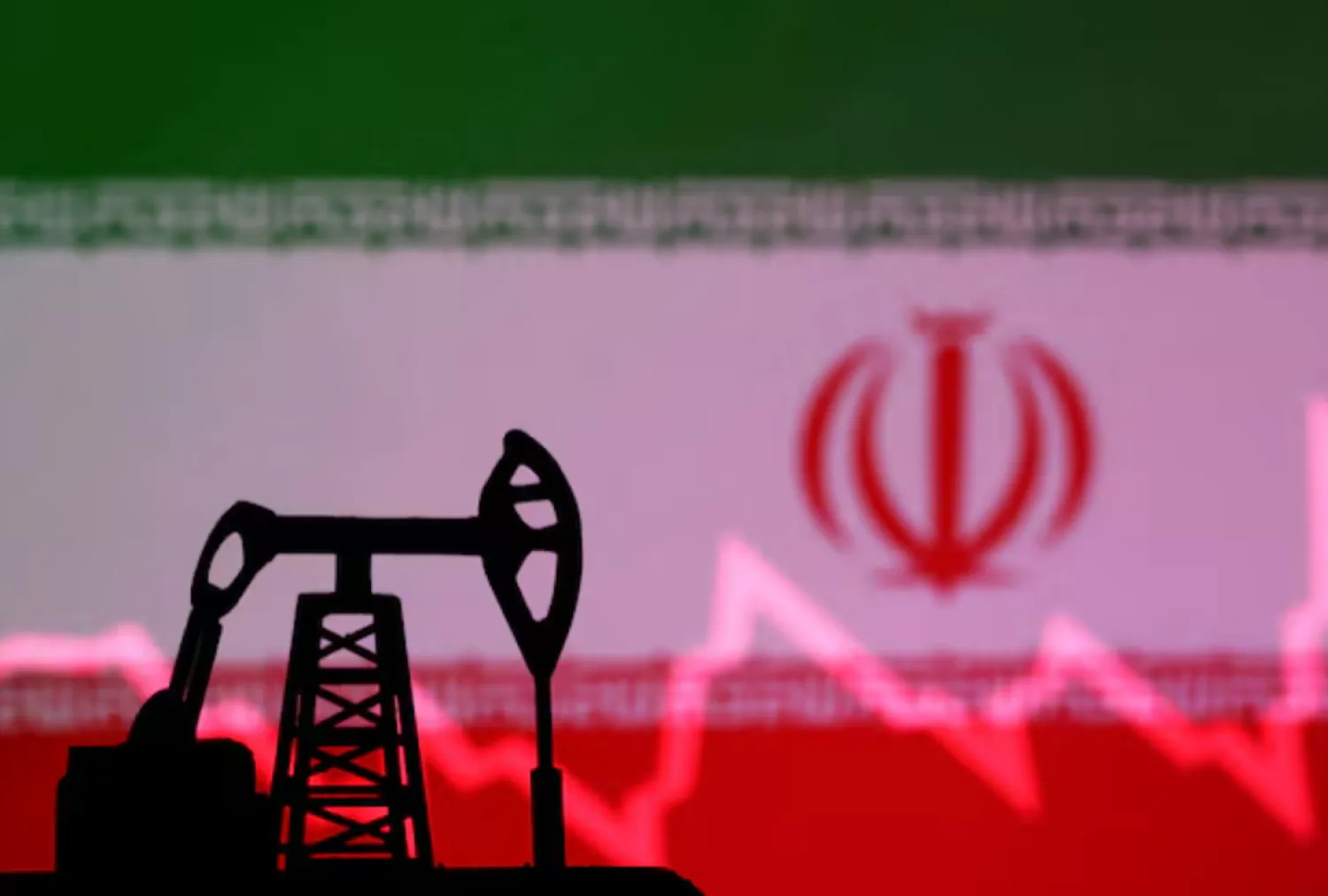Flags flew at half-mast on Monday as South Korea mourned 179 people killed in the worst plane crash on its soil, as investigators probe why the Jeju Air plane crash-landed and burst into flames.
The country has started seven days of national mourning, with the acting president flying to the crash site in southwestern Muan for a memorial as teams of US and South Korean investigators raced to establish what caused Sunday's disaster.
The Boeing 737-800 was carrying 181 people from Thailand to South Korea when it made a mayday call and belly-landing before crashing into a barrier and bursting into flames.
Everyone on board Jeju Air Flight 2216 was killed, save two flight attendants pulled from the wreckage.
Officials initially cited a bird strike as a likely cause of the crash, which flung passengers from the plane and left it "almost completely destroyed", according to fire officials.
However, Seoul said on Monday it would conduct a special inspection of all 101 Boeing 737-800s in operation in the country, with US investigators, possibly including from the beleaguered plane manufacturer Boeing, joining the probe into the crash.
"We are reviewing plans to conduct a special inspection on B737-800 aircraft," said Joo Jong-wan, head of the aviation policy bureau at South Korea's transport ministry.
South Korea has a solid air safety record and both black boxes from Flight 2216 -- the flight data recorder and the cockpit voice recorder -- have been found.
South Korean investigators said Monday that 141 of the 179 victims had now been identified using DNA analysis or fingerprint collection, according to a statement from South Korea's ministry of land.
Victims' families camped out at the airport overnight in special tents set up in the airport lounge after a long, painful day waiting for news of their loved ones.
"I had a son on board that plane," said an elderly man waiting in the airport lounge, who asked not to be named, saying that his son's body had not yet been identified.
At the crash site early Monday, a middle-aged man and woman kept their gaze fixed through the fence, where remnants of the plane -- seats, gates, and twisted metal parts -- were still scattered across the field near the charred tail.
The smell of blood was still in the air.
Soldiers carefully combed through a field of reeds next to the runway, engaged in what appeared to be a search for body parts.
South Korea's acting president, Choi Sang-mok, who has only been in office since Friday, said the government was making "every effort" to identify victims and support bereaved families.
Choi, an unelected bureaucrat who became acting president after his two predecessors were impeached, said on Monday a "thorough investigation into the cause of the accident" would be conducted.
He also said South Korea would conduct "an urgent safety inspection of the overall aircraft operation system" to prevent future aviation disasters.
The passengers, aged from three to 78, were all Korean apart from two Thais, authorities said.
Low-cost carrier Jeju Air said it "sincerely" apologized, with top officials shown bowing deeply at a news conference in Seoul.









